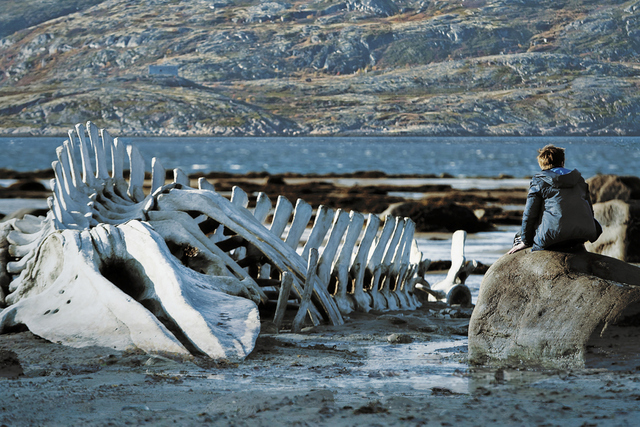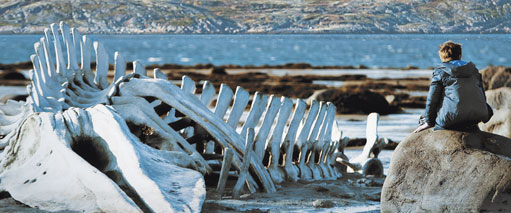Film Review: Leviathan
Grim Russian Recasting Of Biblical Parable Is Intimate, Challenging


Latest Article|September 3, 2020|Free
::Making Grown Men Cry Since 1992

